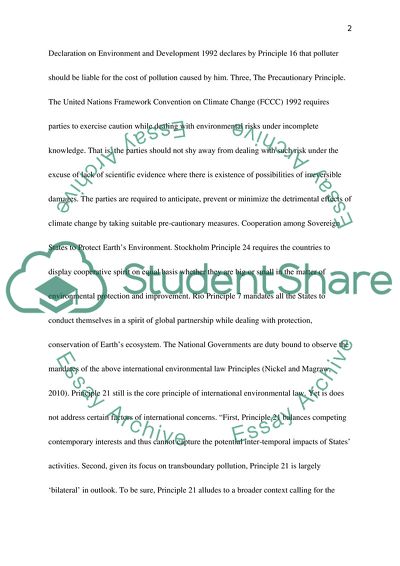Cite this document
(2010 Gulf Oil Spill: An Examination in Regard to International Assignment, n.d.)
2010 Gulf Oil Spill: An Examination in Regard to International Assignment. Retrieved from https://studentshare.org/law/1745274-international-law
2010 Gulf Oil Spill: An Examination in Regard to International Assignment. Retrieved from https://studentshare.org/law/1745274-international-law
(2010 Gulf Oil Spill: An Examination in Regard to International Assignment)
2010 Gulf Oil Spill: An Examination in Regard to International Assignment. https://studentshare.org/law/1745274-international-law.
2010 Gulf Oil Spill: An Examination in Regard to International Assignment. https://studentshare.org/law/1745274-international-law.
“2010 Gulf Oil Spill: An Examination in Regard to International Assignment”. https://studentshare.org/law/1745274-international-law.


